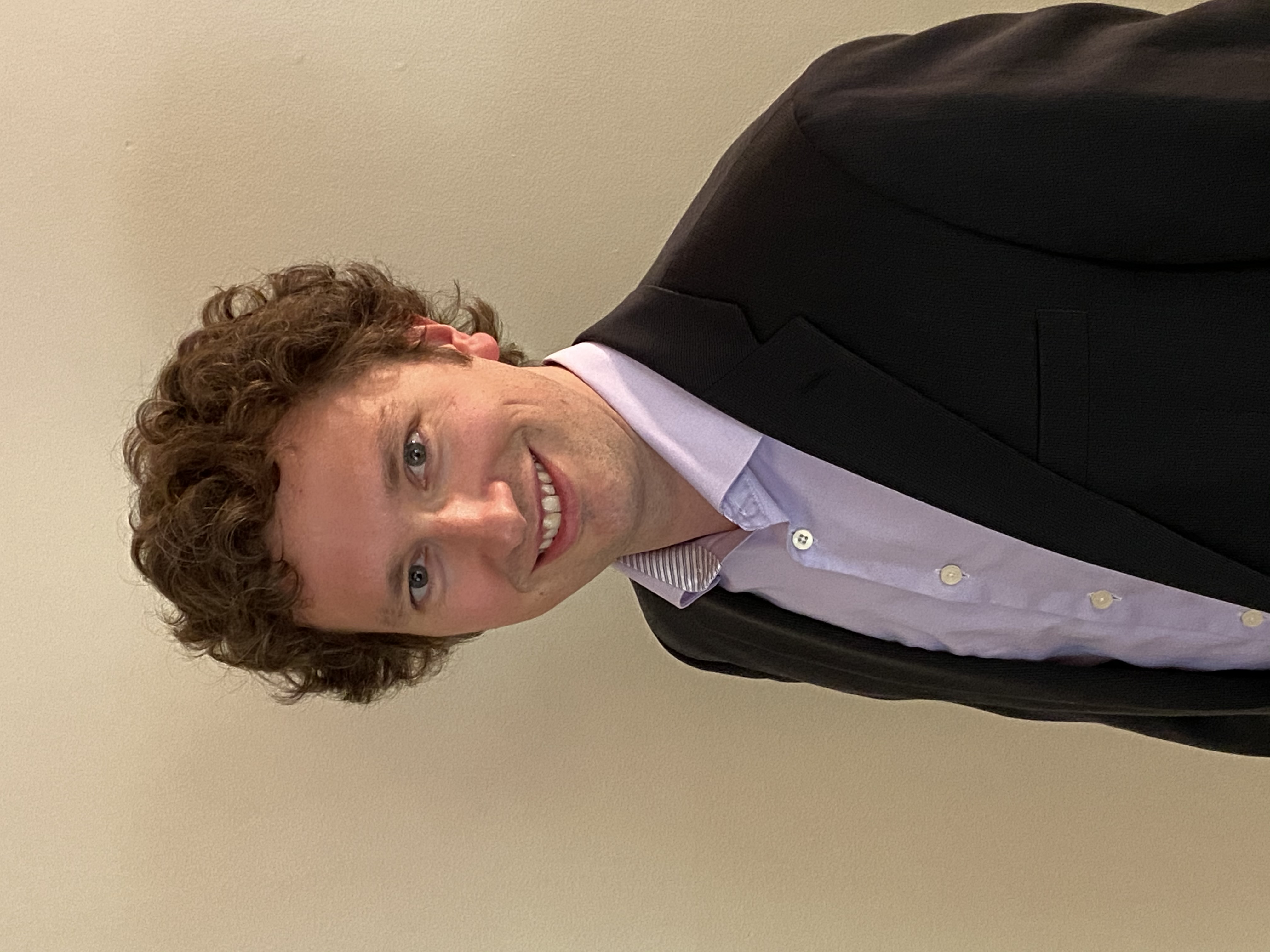
Christopher Marshall
Associate Professor of Physics
PhD, University of Rochester, 2016
- Office Location
- 310 Bausch & Lomb Hall
- Telephone
- (585) 275-0538
- Web Address
- Website
Biography
Professor Marshall graduated from Carleton College in Northfield, Minnesota in 2010 with a BA in Physics. He first came to the University of Rochester in 2010 as a graduate student. He spent much of 2015 at Fermilab in Batavia, Illinois as a Visiting Scholar, and earned his Ph.D. in 2016. Marshall spent the next four years in Berkeley, California as a Chamberlain Fellow in the physics division at the Lawrence Berkeley National Laboratory. He returned to Rochester as an Assistant Professor in 2020.
Research Overview
Professor Marshall is an experimental high energy physicist. He is currently working on designing the Deep Underground Neutrino Experiment (DUNE), which will detect the flavor oscillations of neutrinos and antineutrinos as they travel 1300 km through the earth from Fermilab in Batavia, Illinois to an underground laboratory in Lead, South Dakota. The aim is to precisely measure the asymmetry between neutrino and antineutrino oscillations. If such an asymmetry exists, it could help explain why the Universe evolved to be made almost entirely of matter rather than antimatter. Marshall serves as the co-convener of the long-baseline physics working group of DUNE, and is actively involved in the design of the Near Detector at Fermilab. He collaborates with Professors Manly and McFarland on DUNE.
Professor Marshall also collaborates on the Daya Bay reactor neutrino experiment, which measures antineutrinos produced at a nuclear power plant in China. Daya Bay has made the world's most precise measurement of an important oscillation parameter called theta-13 by comparing measurements made with detectors located a few hundred meters from the rector cores with measurements made in identical detectors two kilometers away. Previously, Marshall worked on MINERvA, an experiment at Fermilab that studies the ways that neutrinos interact with matter. He wrote his Ph.D. thesis on charged kaon production by neutrinos. He led an analysis that observed an extremely rare process, charged-current coherent kaon production, for the first time. He has also worked on searches for proton decay, especially where the proton decays into a charged kaon, for which his thesis work is the primary experimental background.
Research Interests
- High Energy Physics
